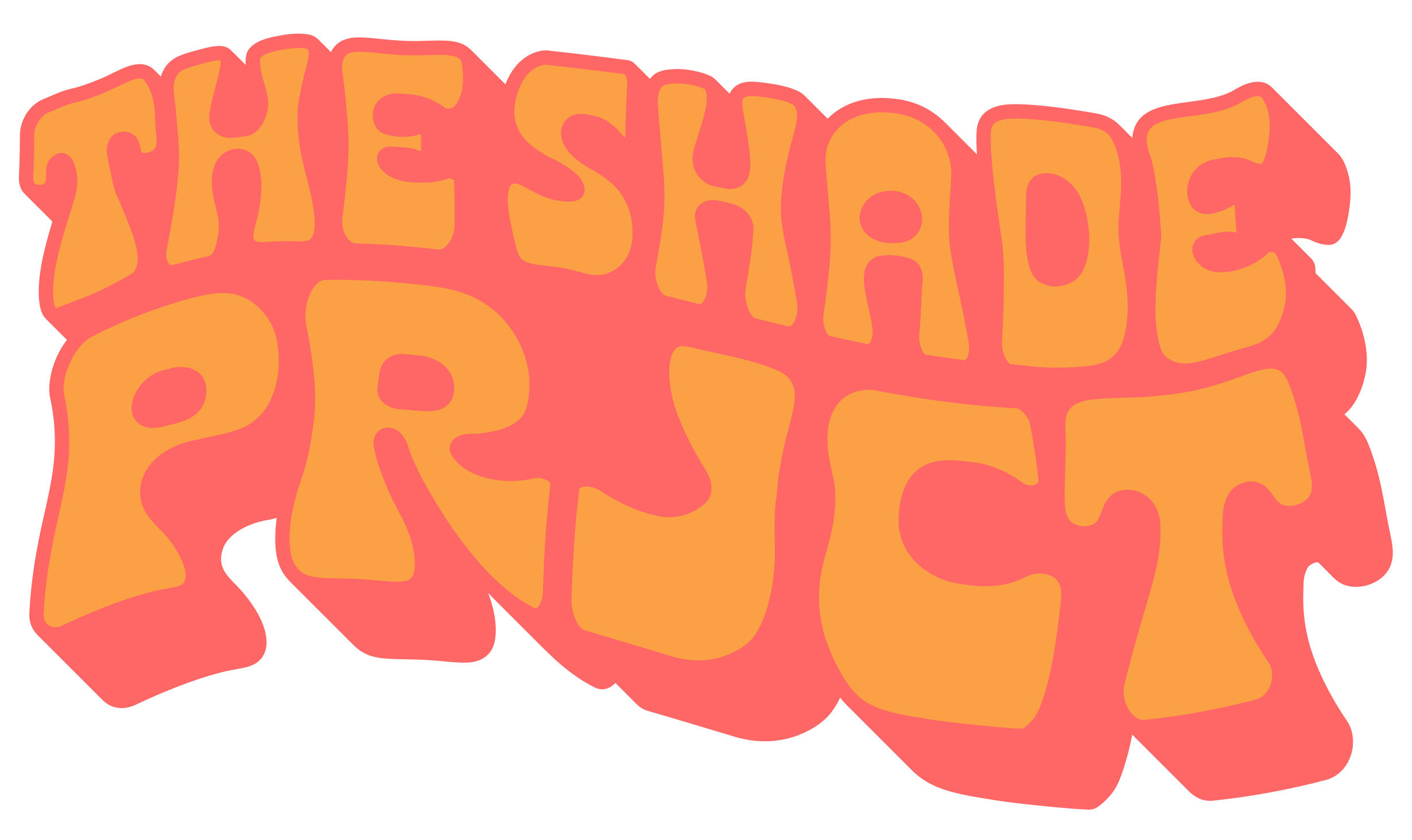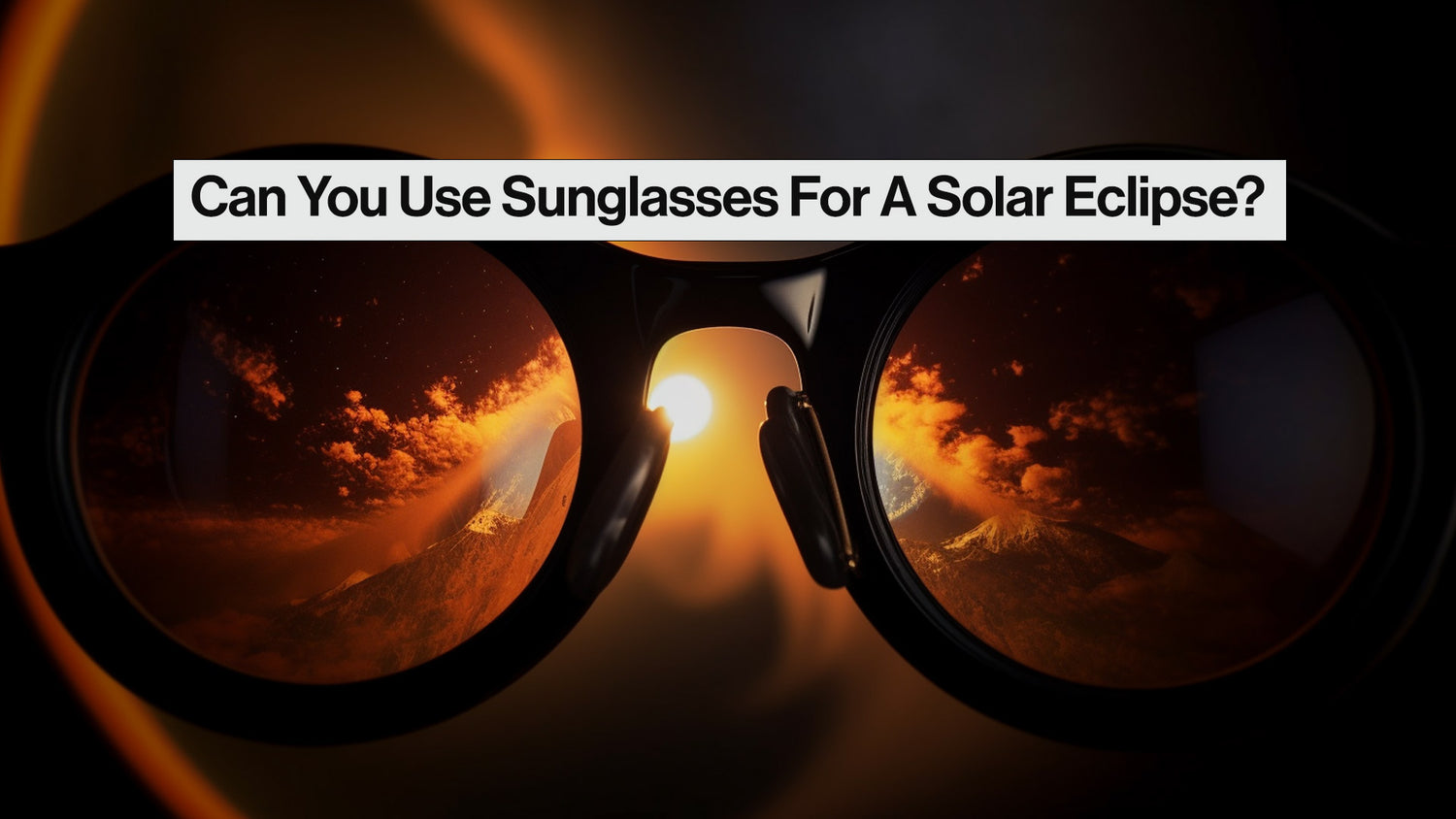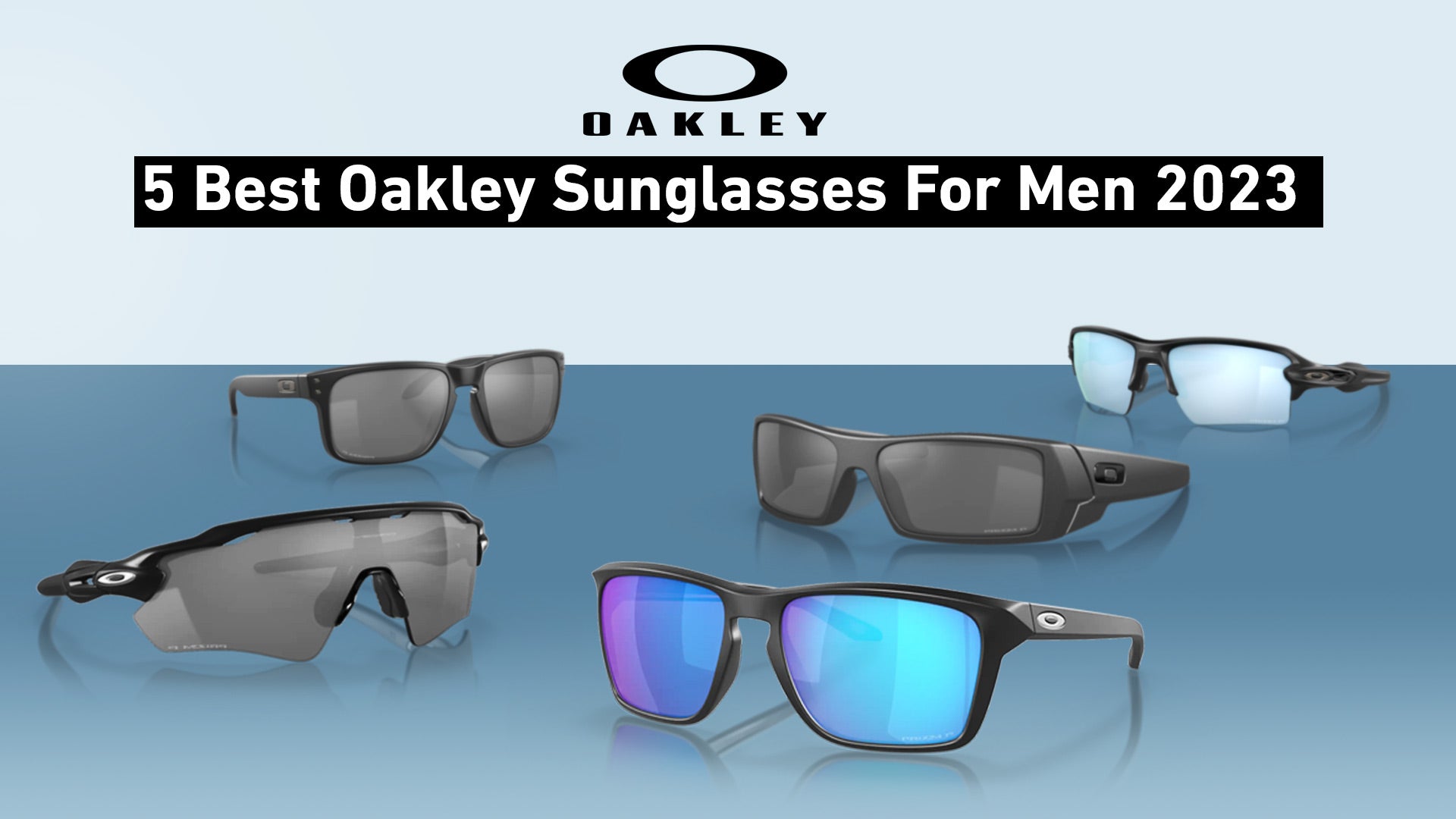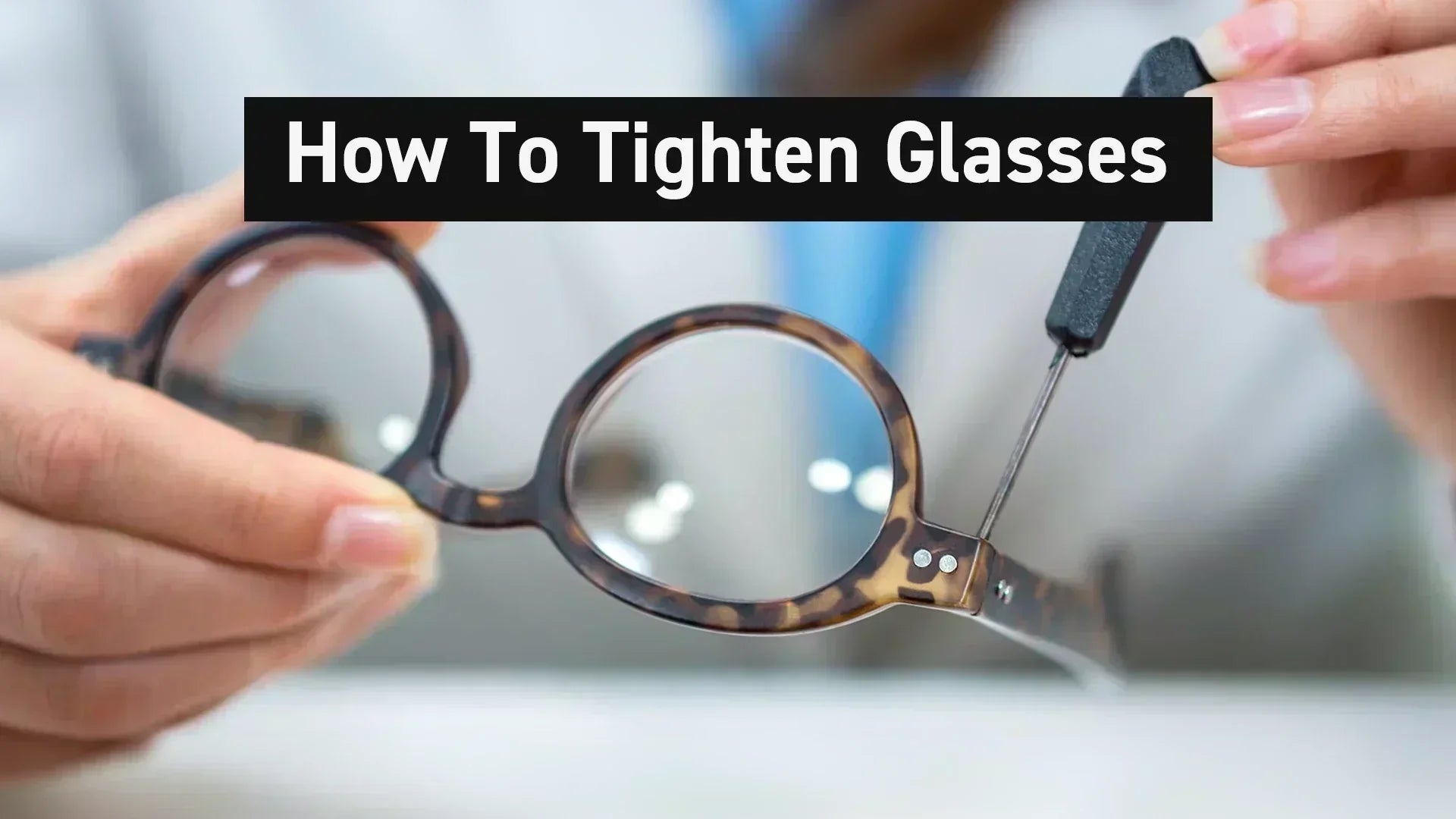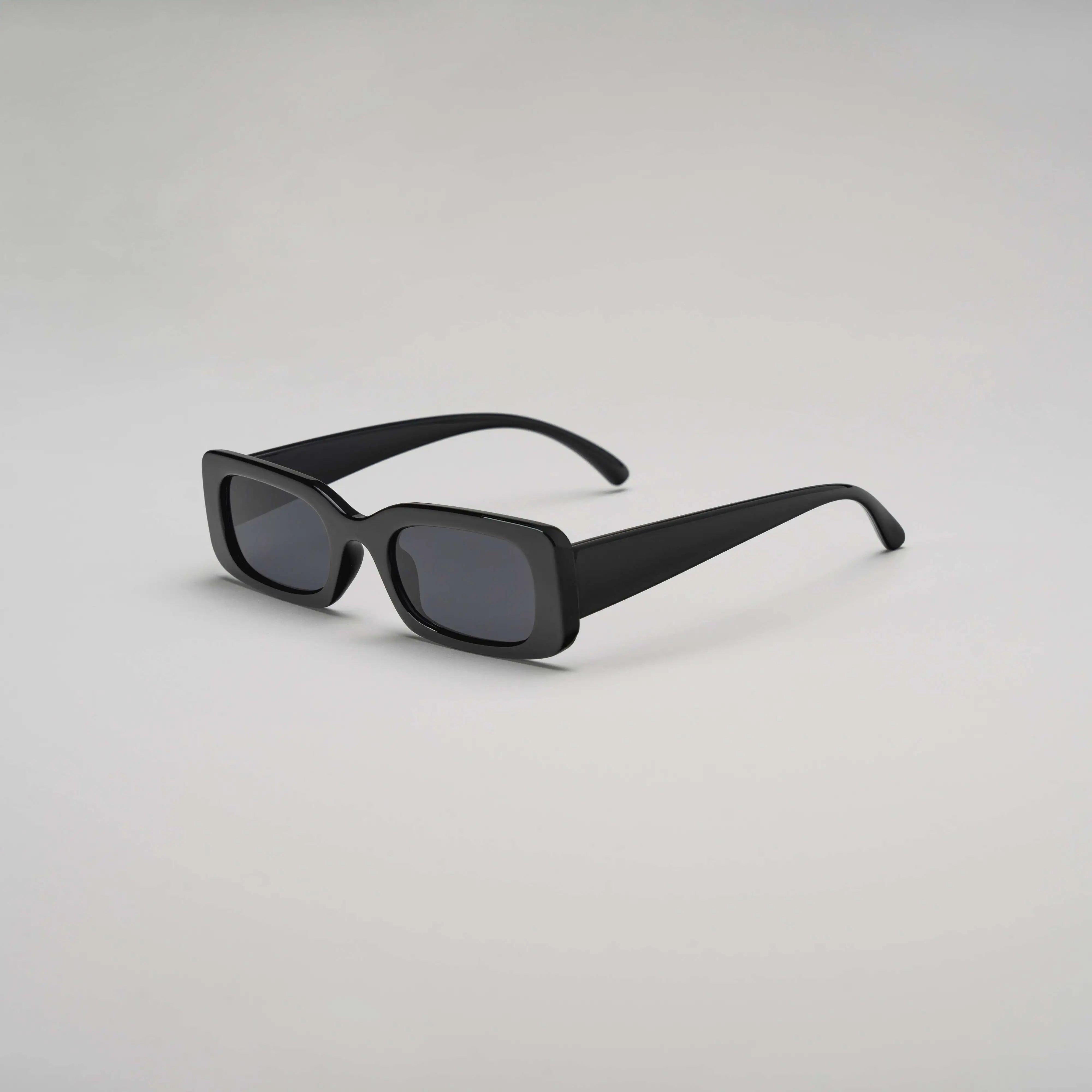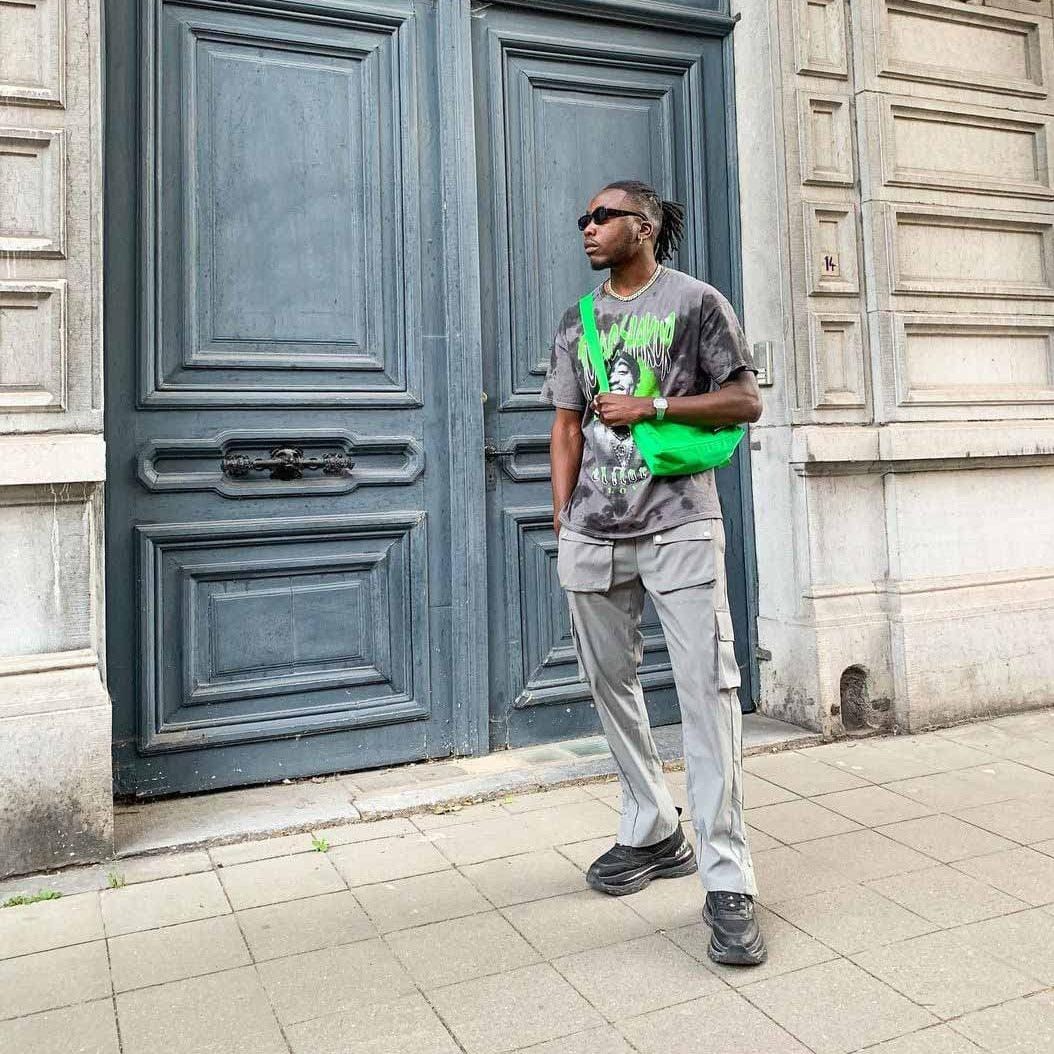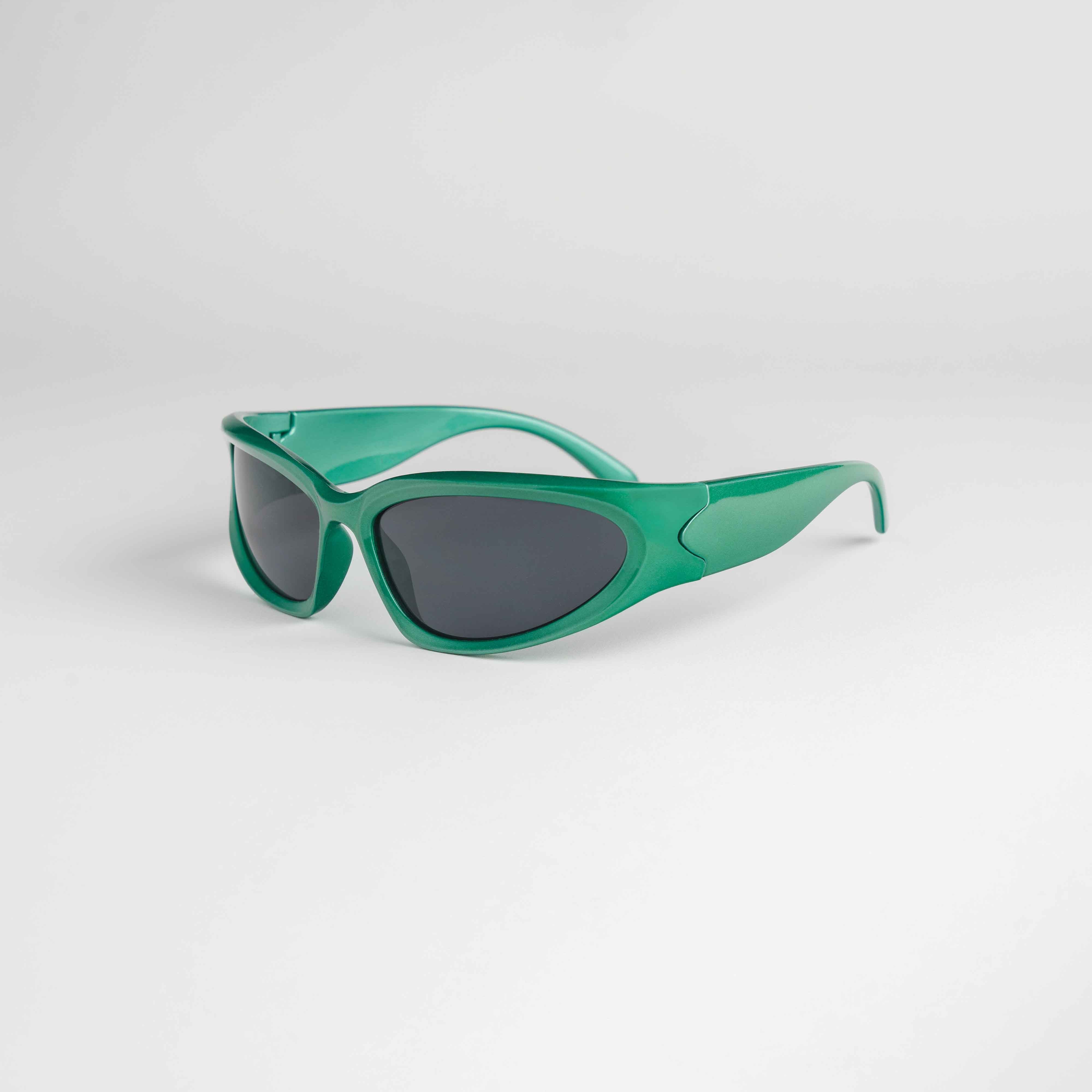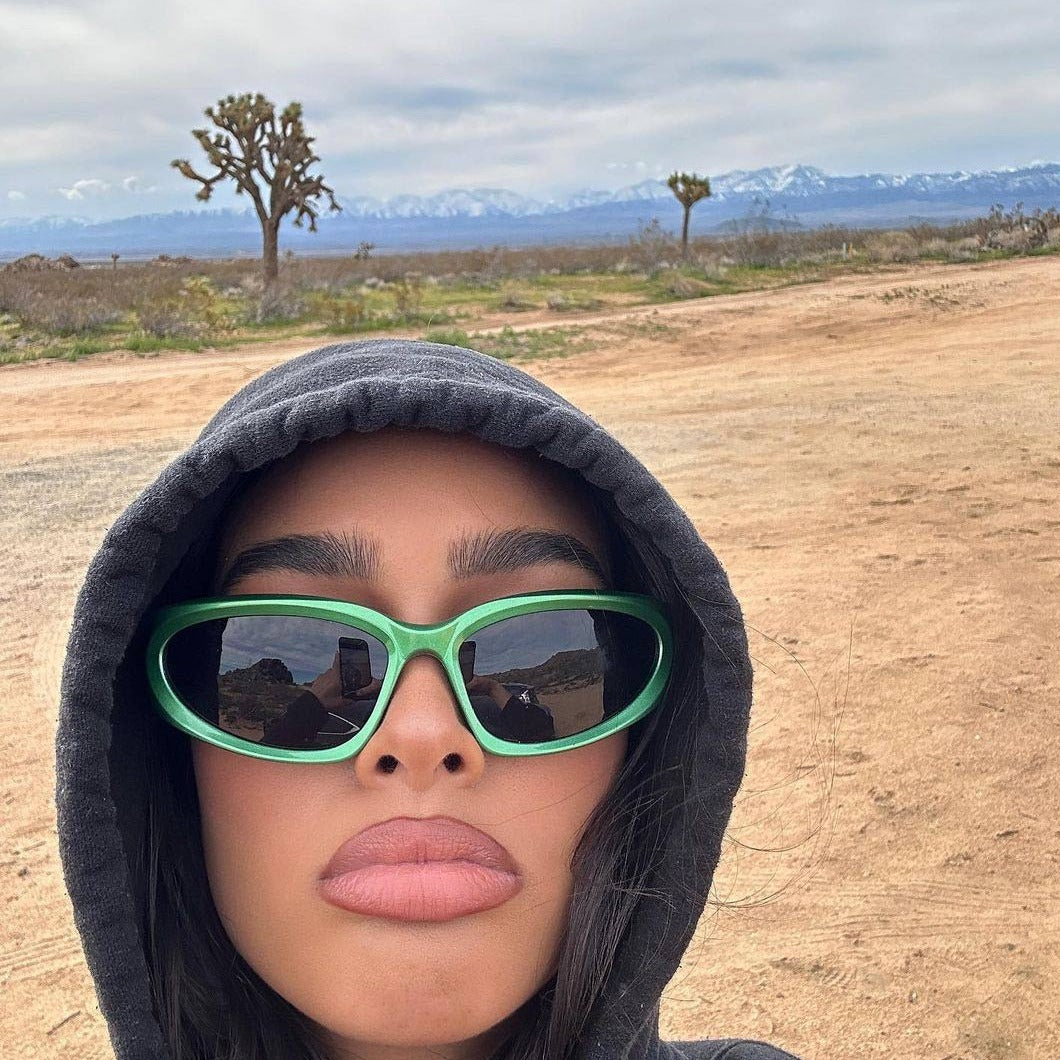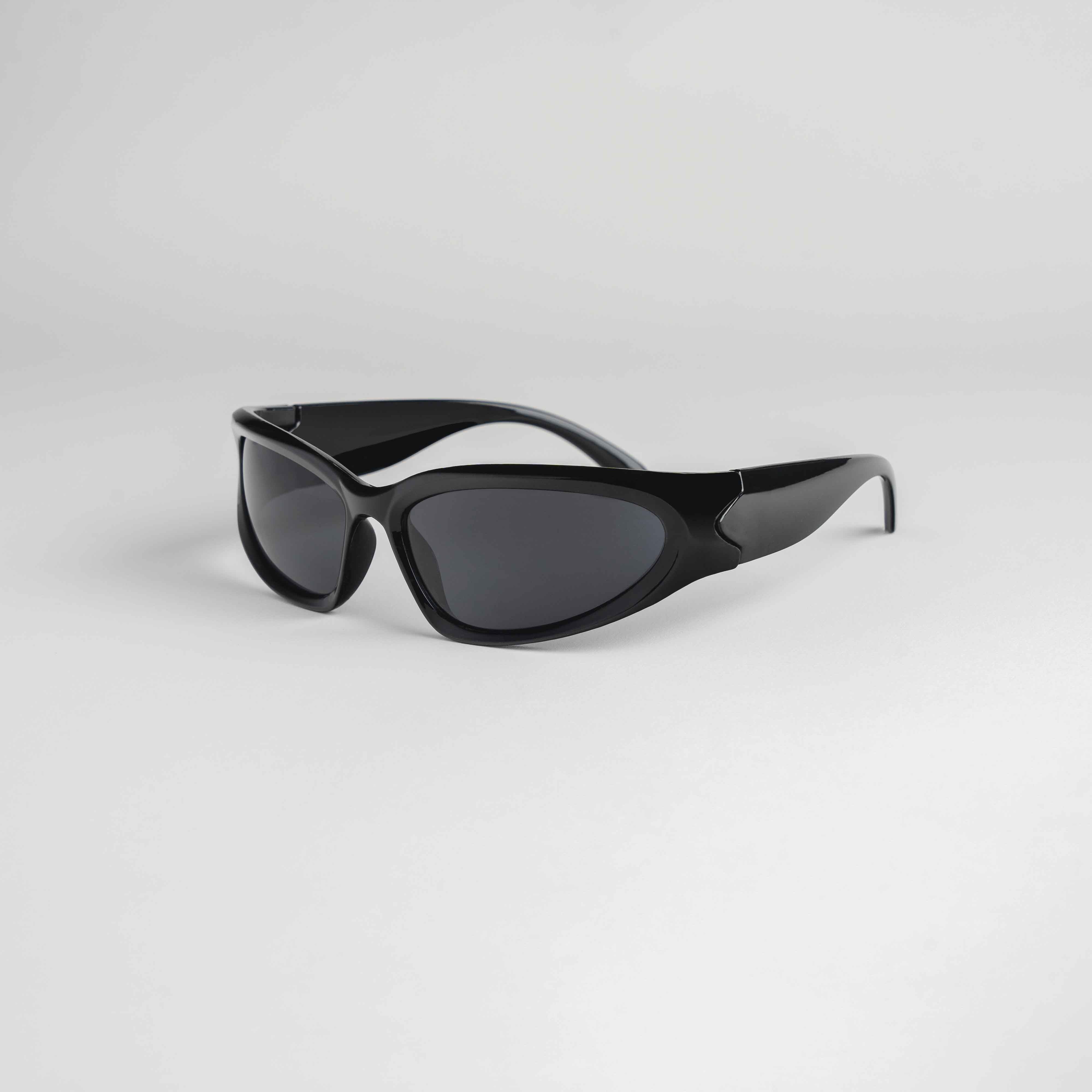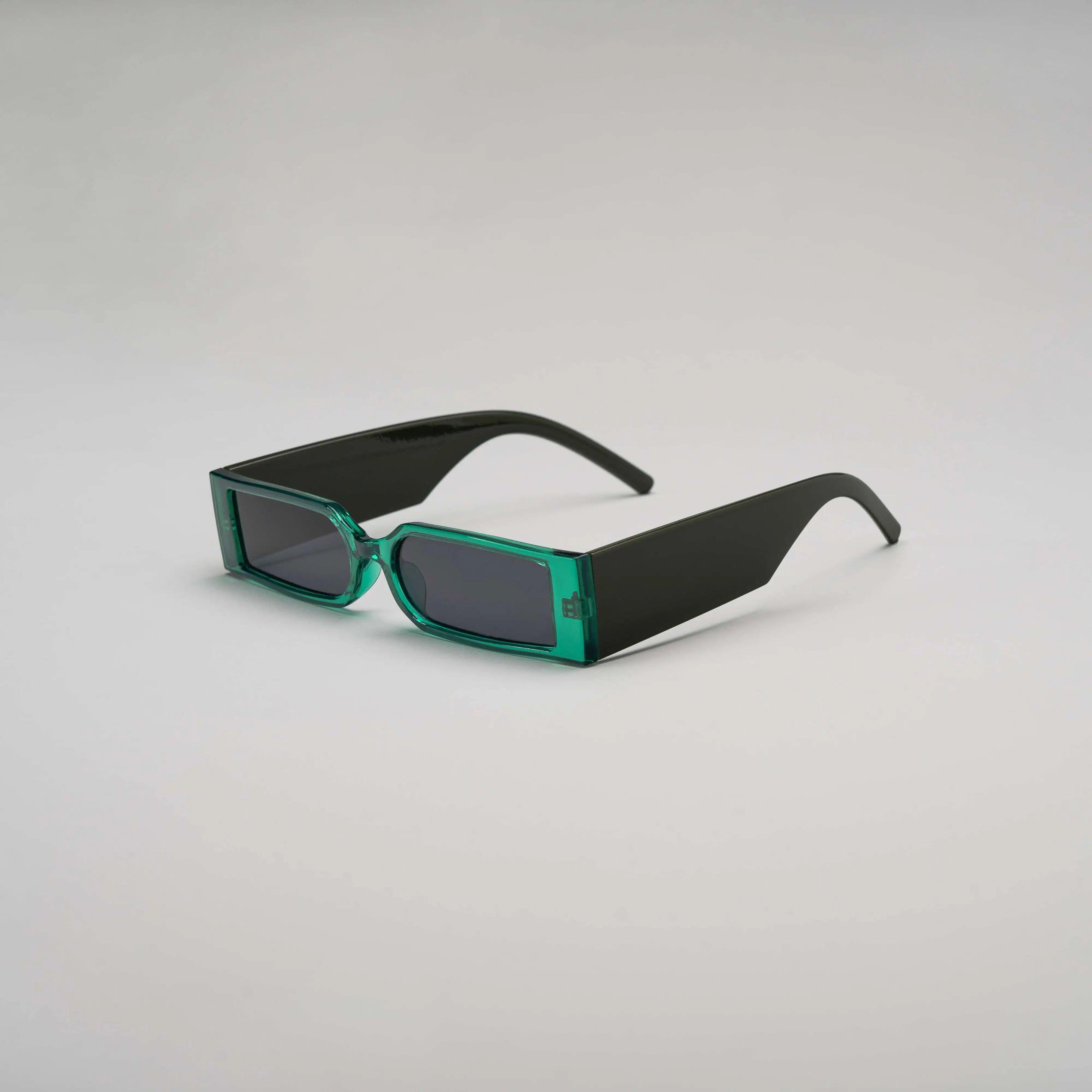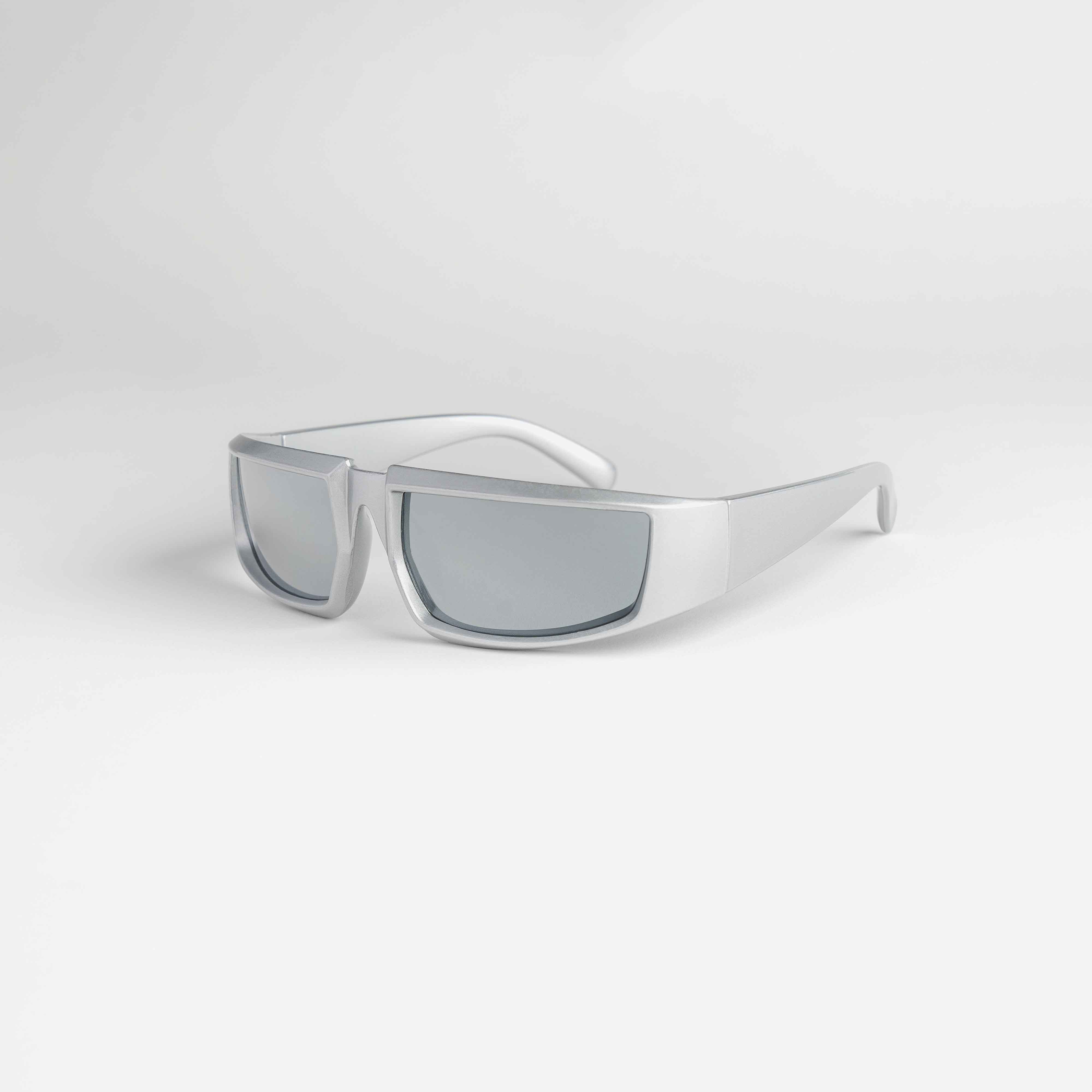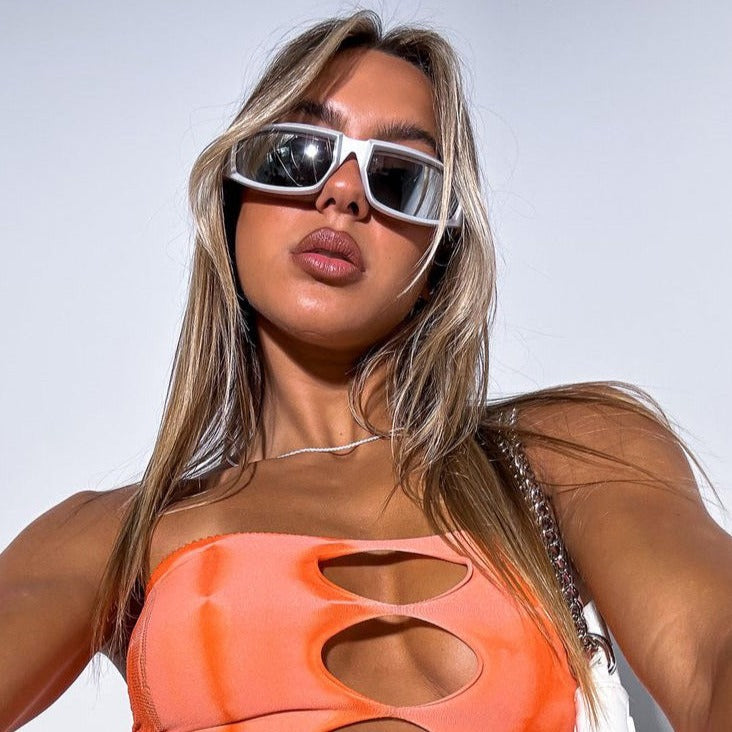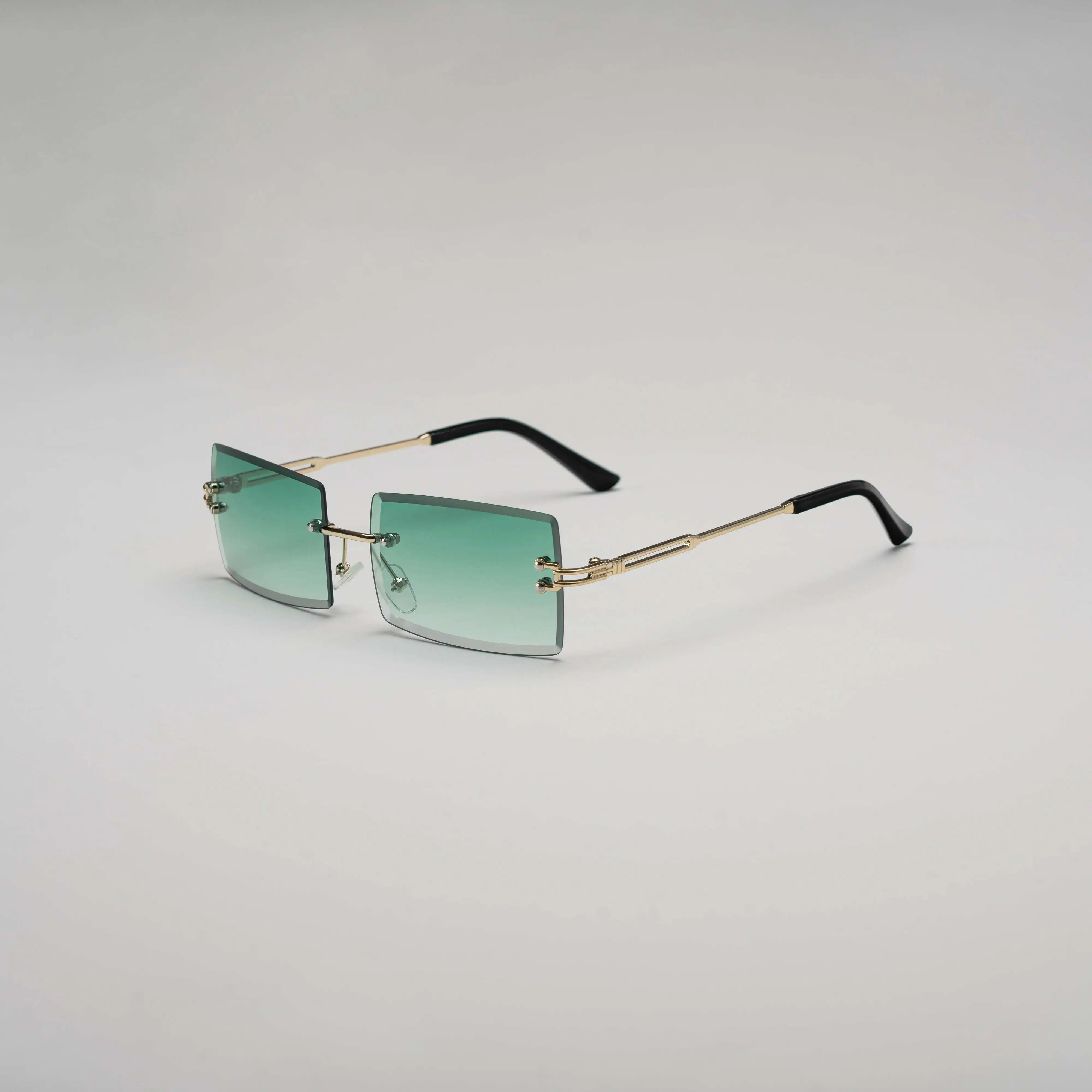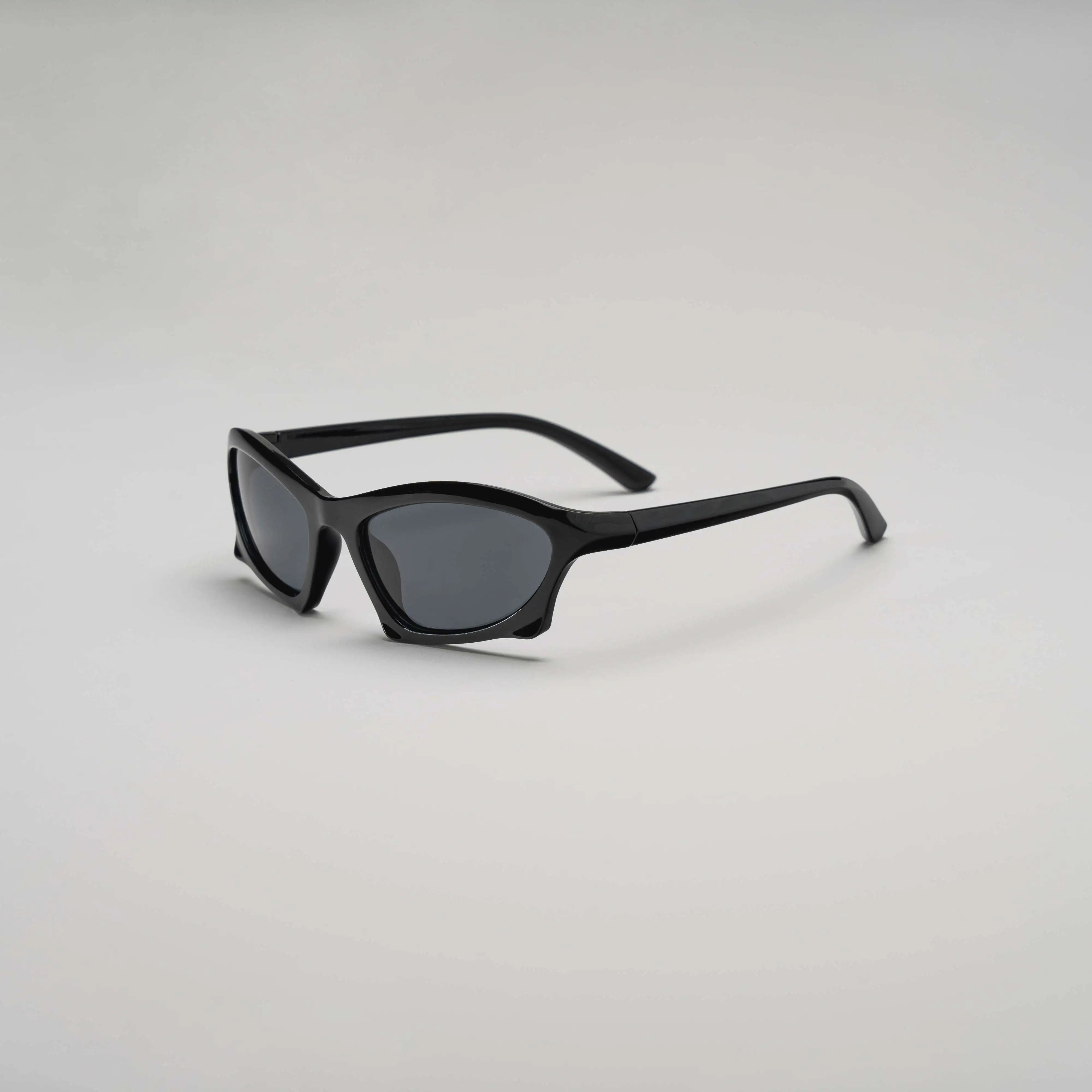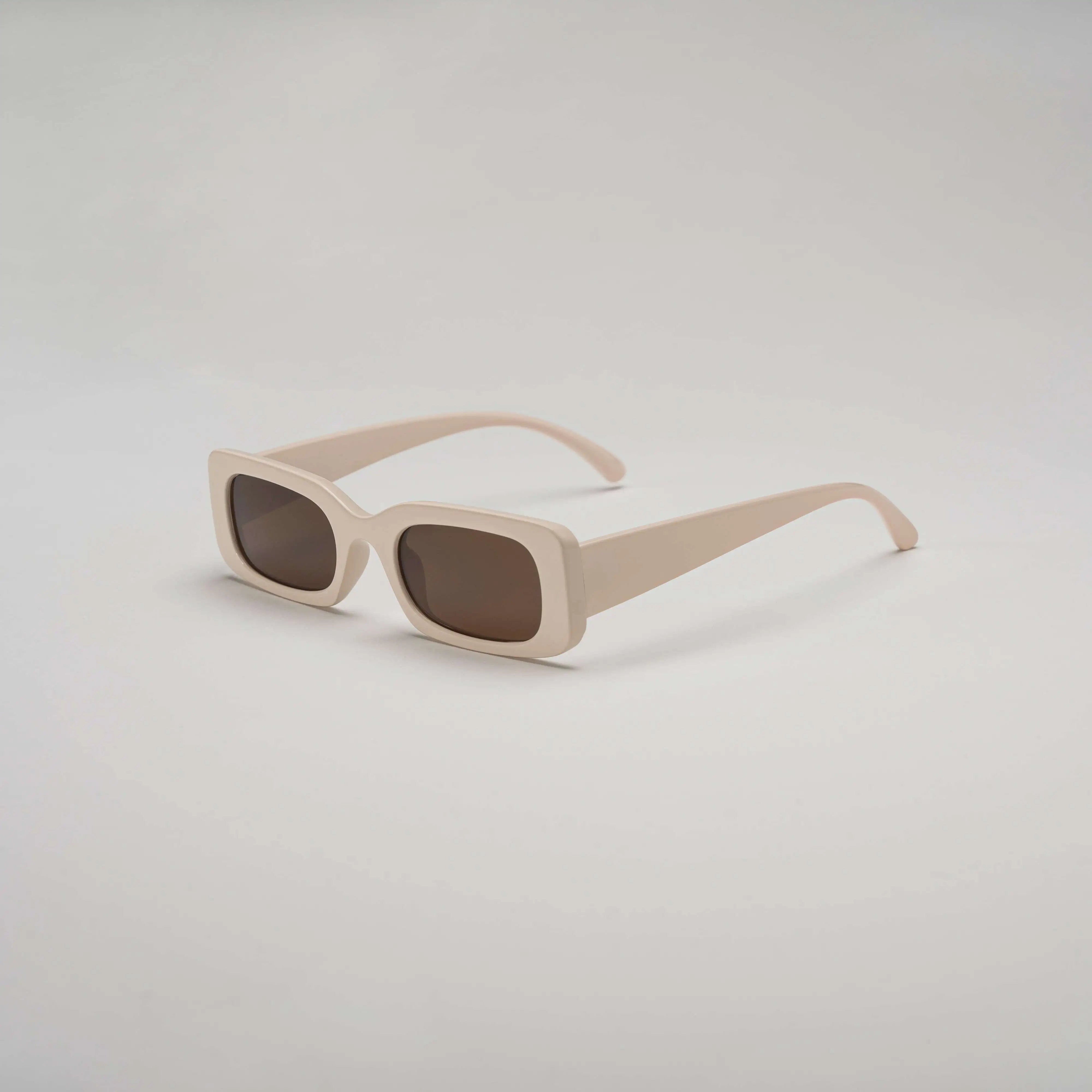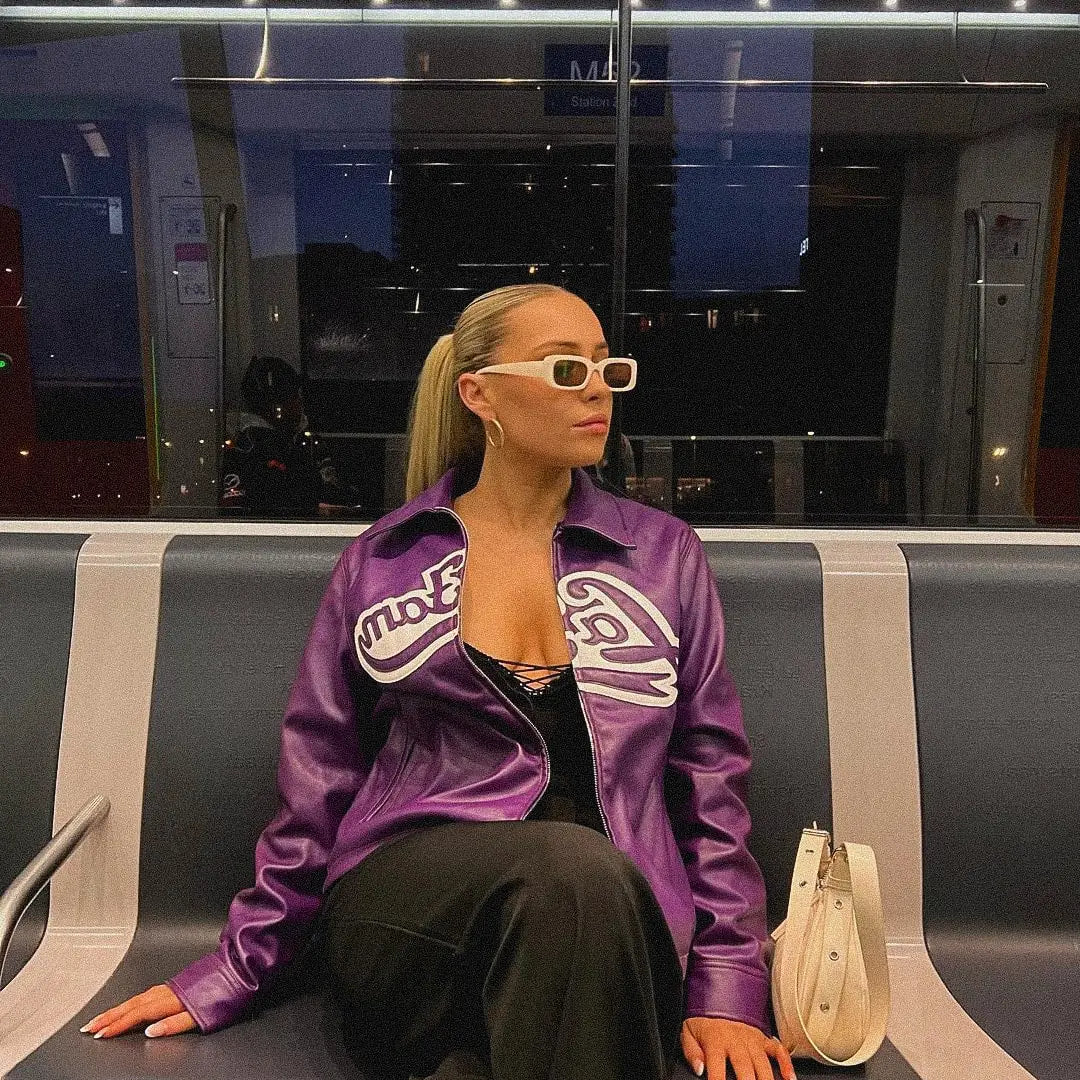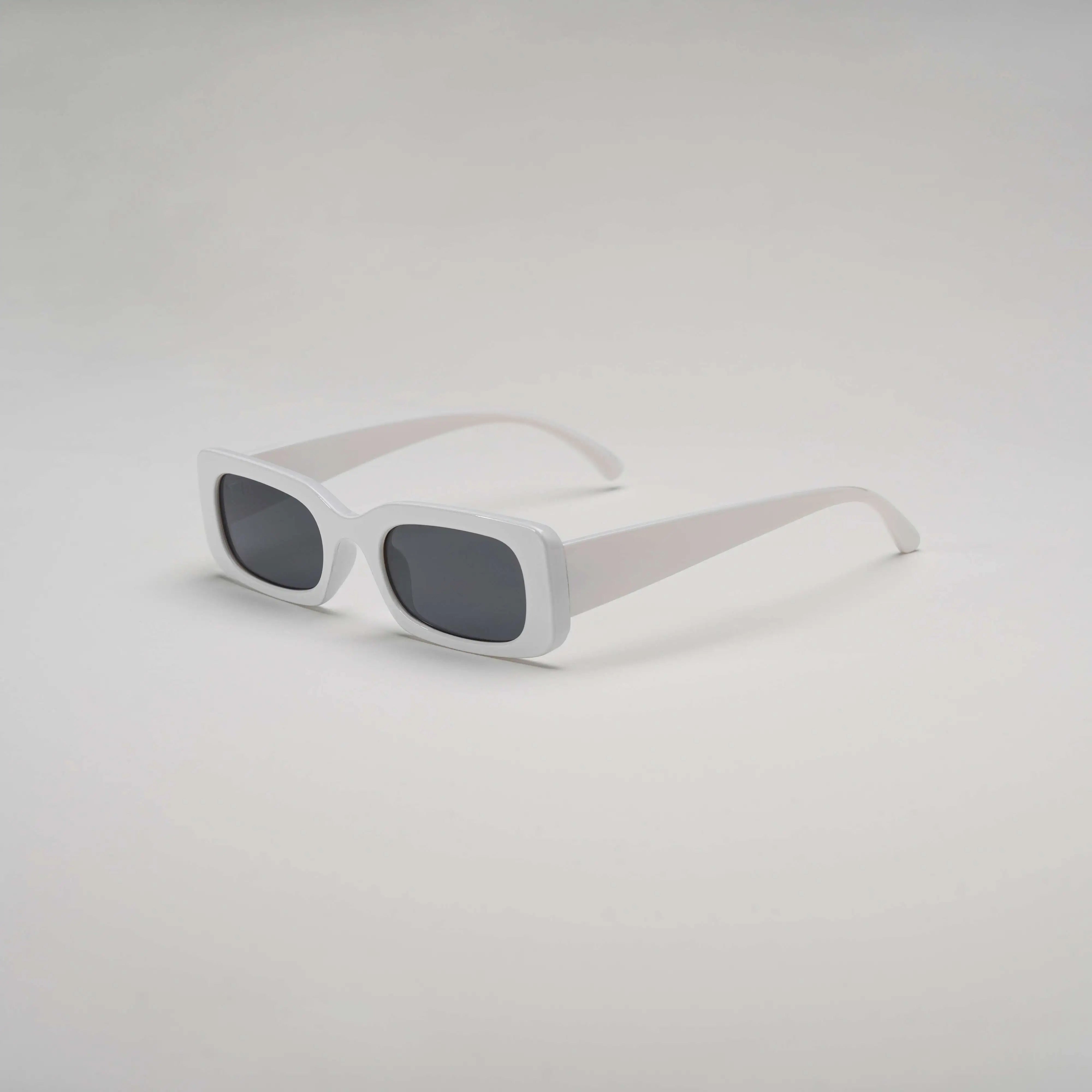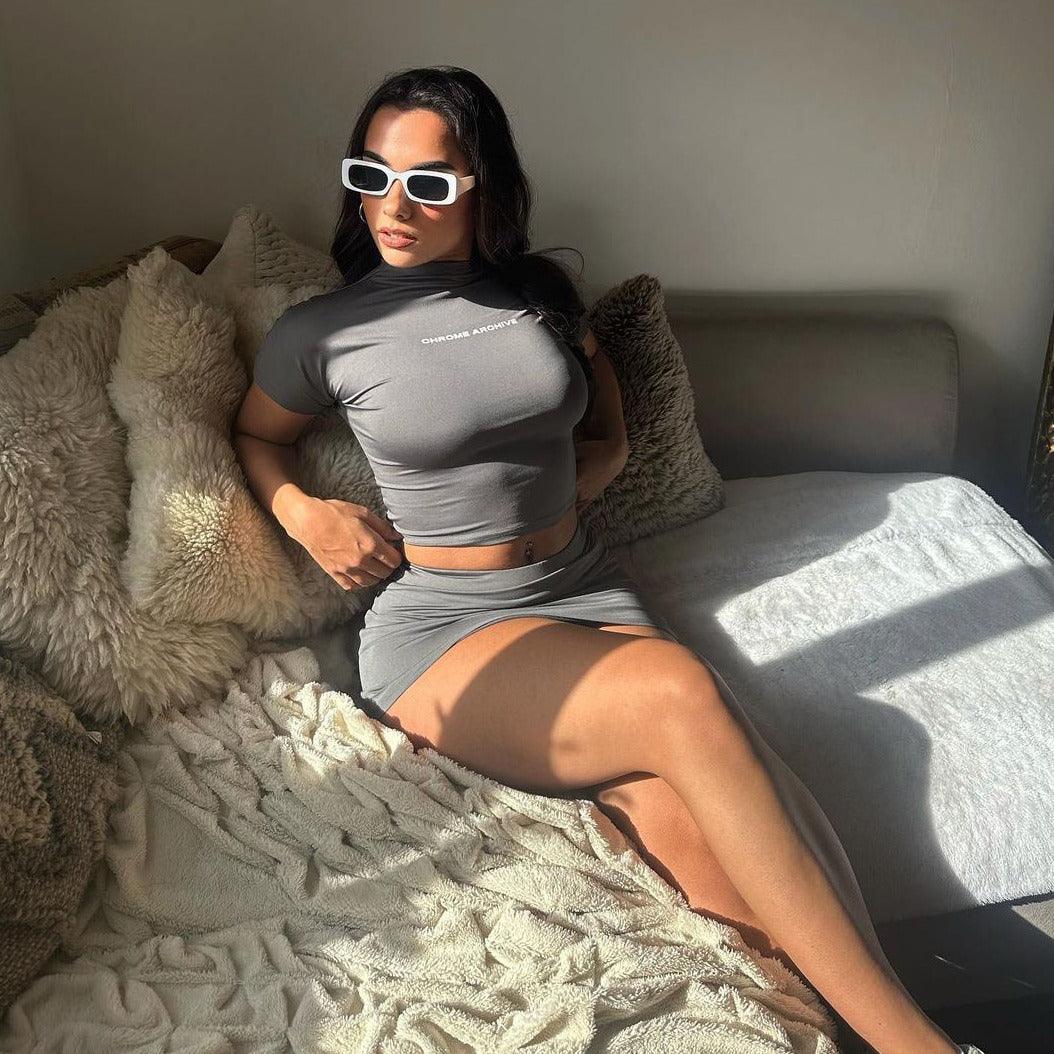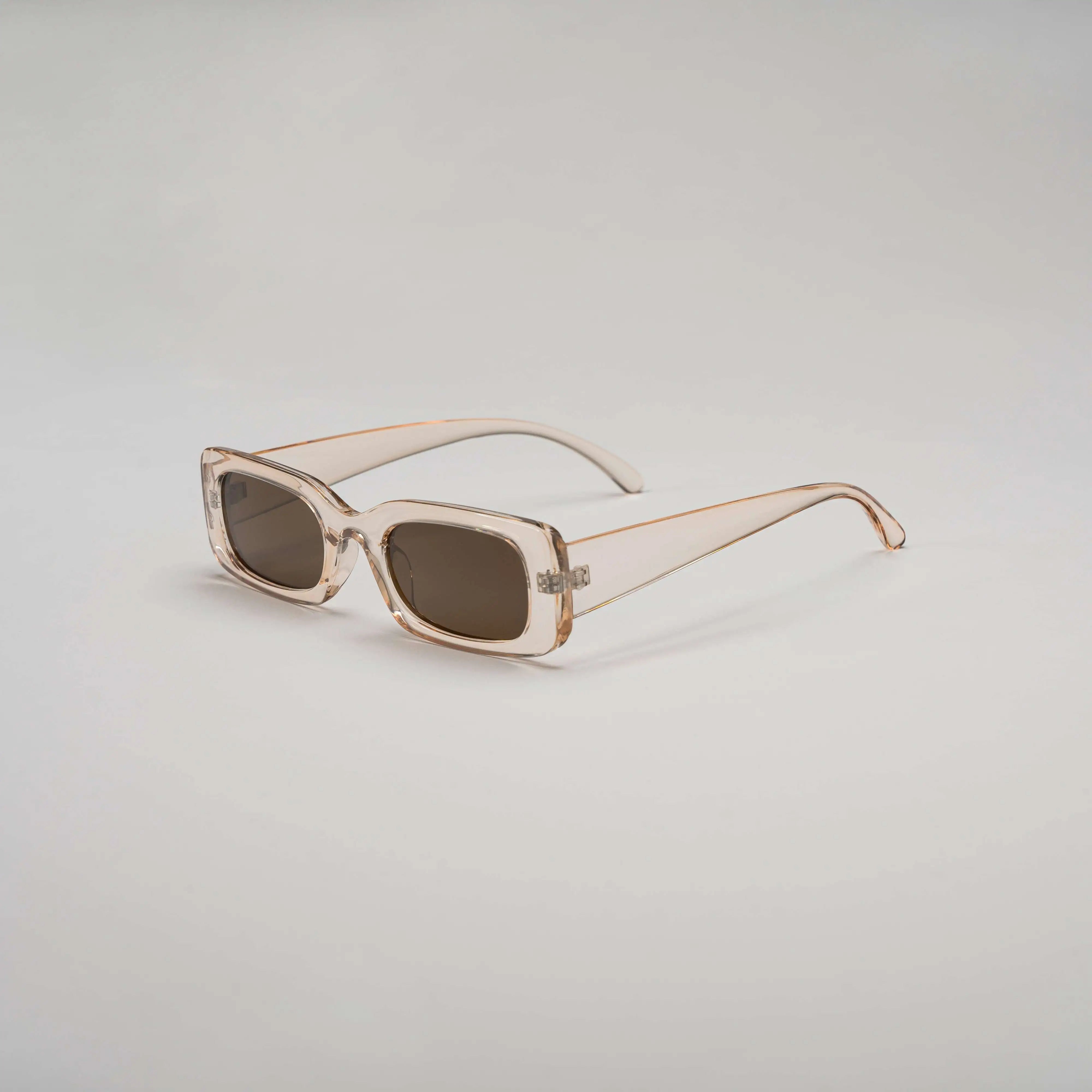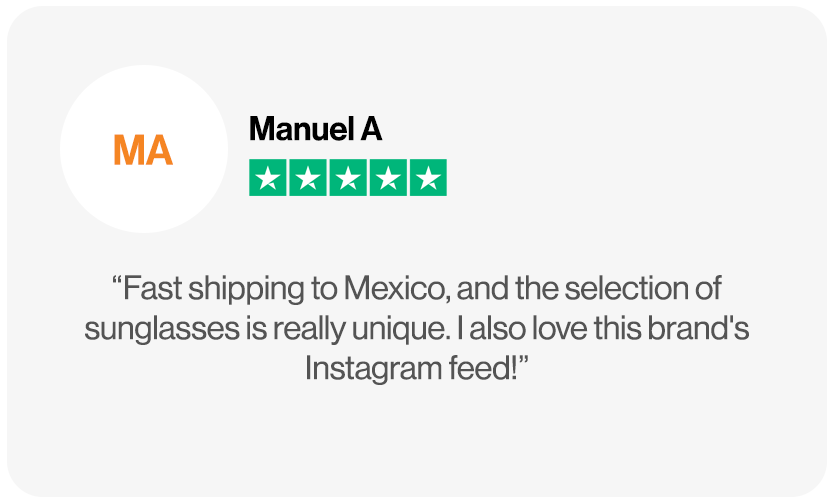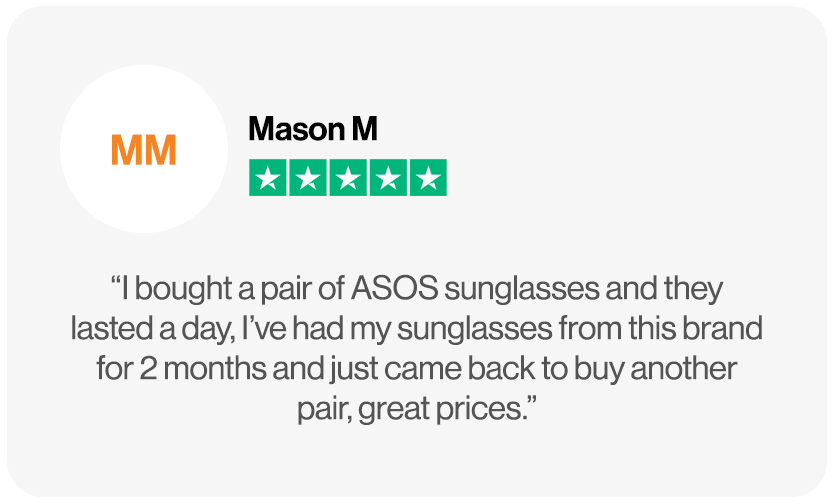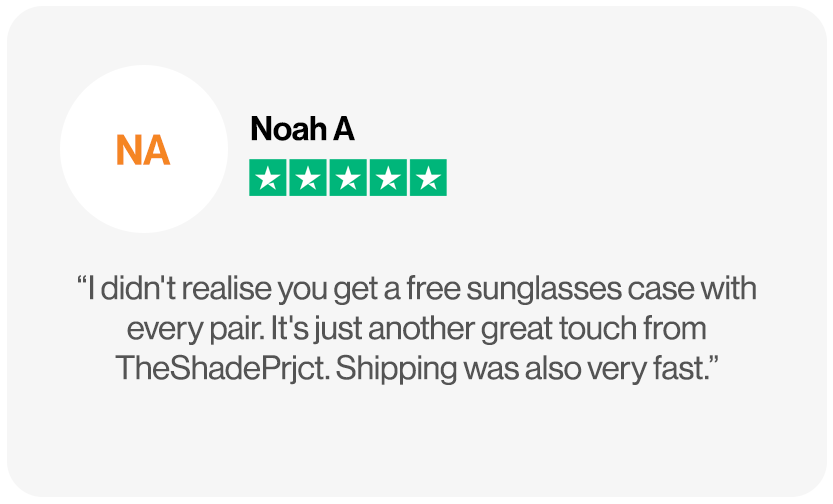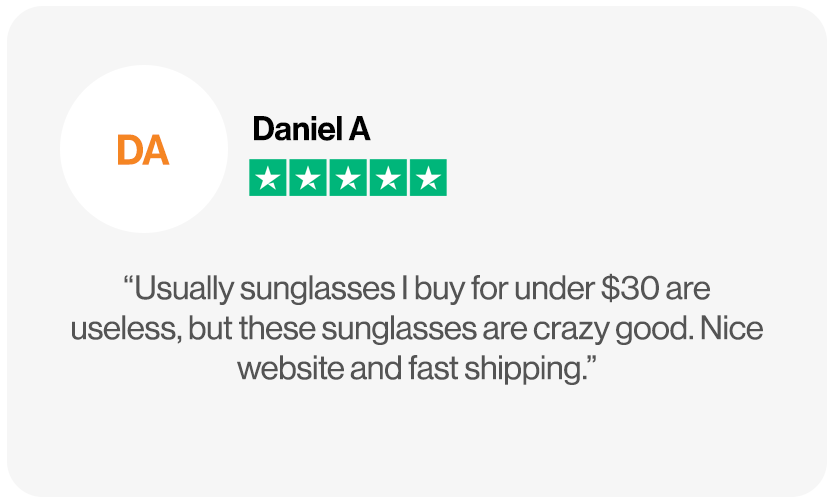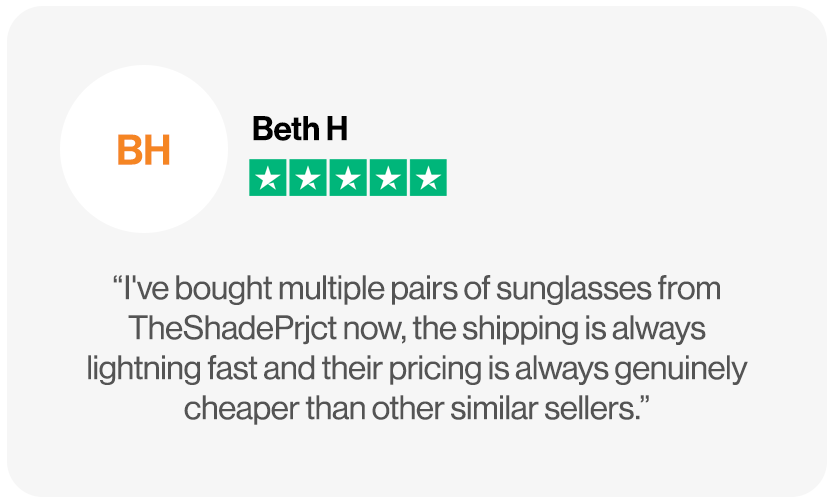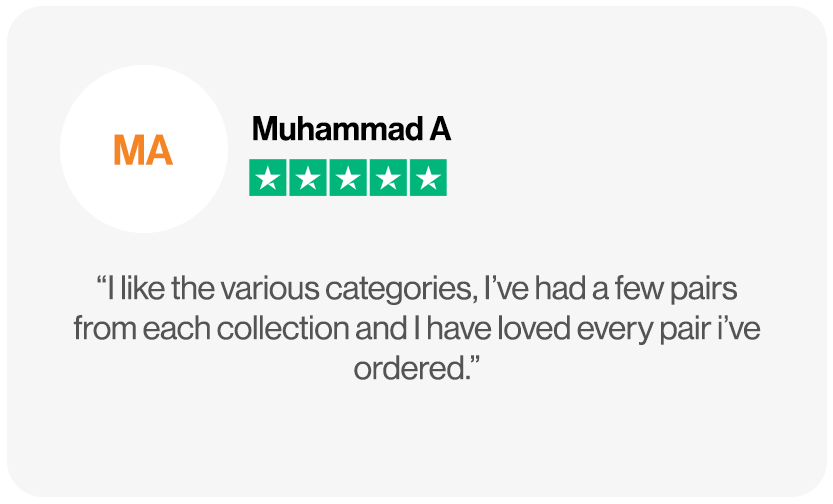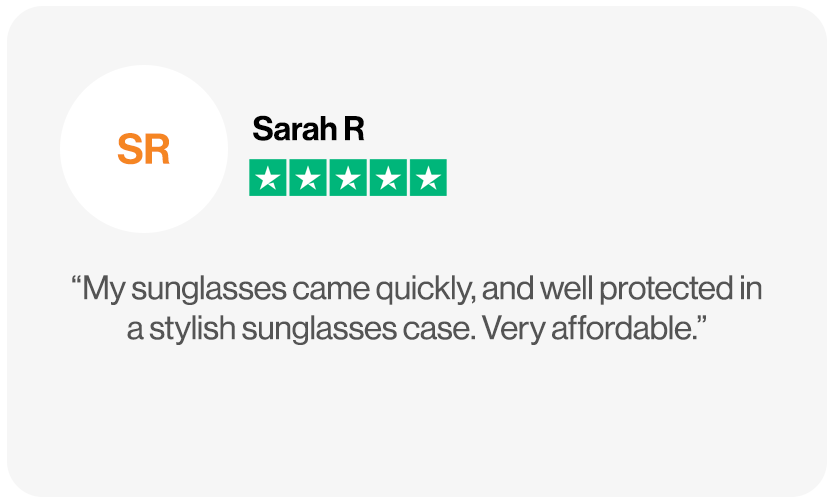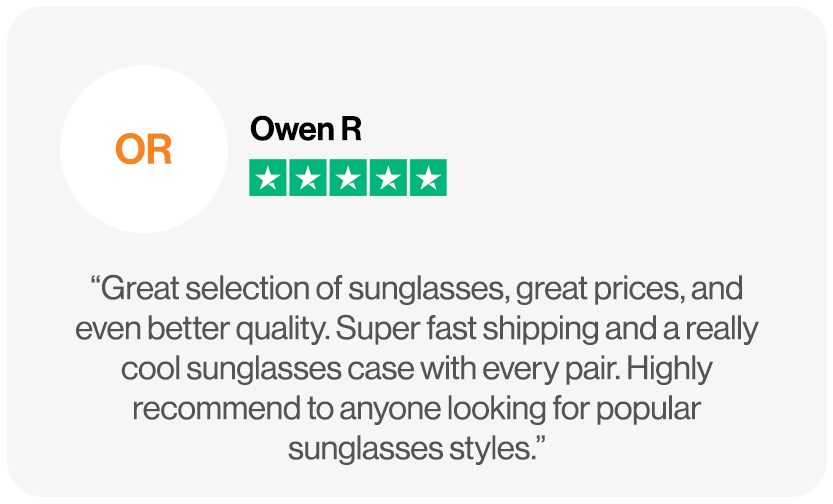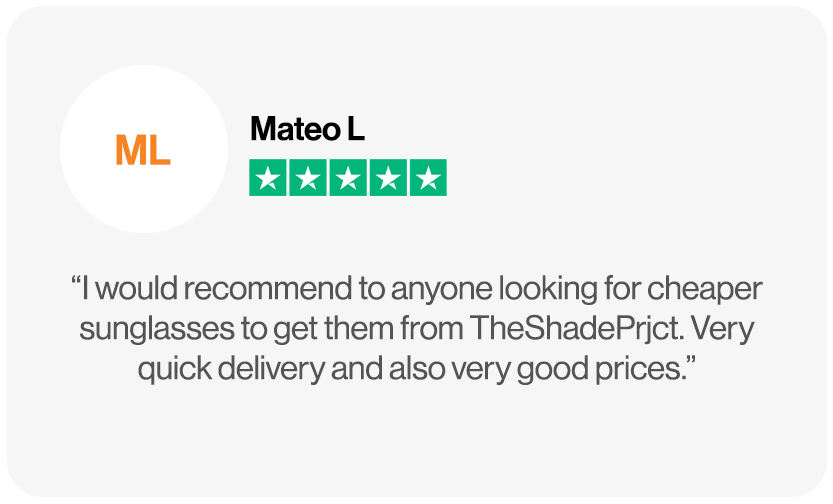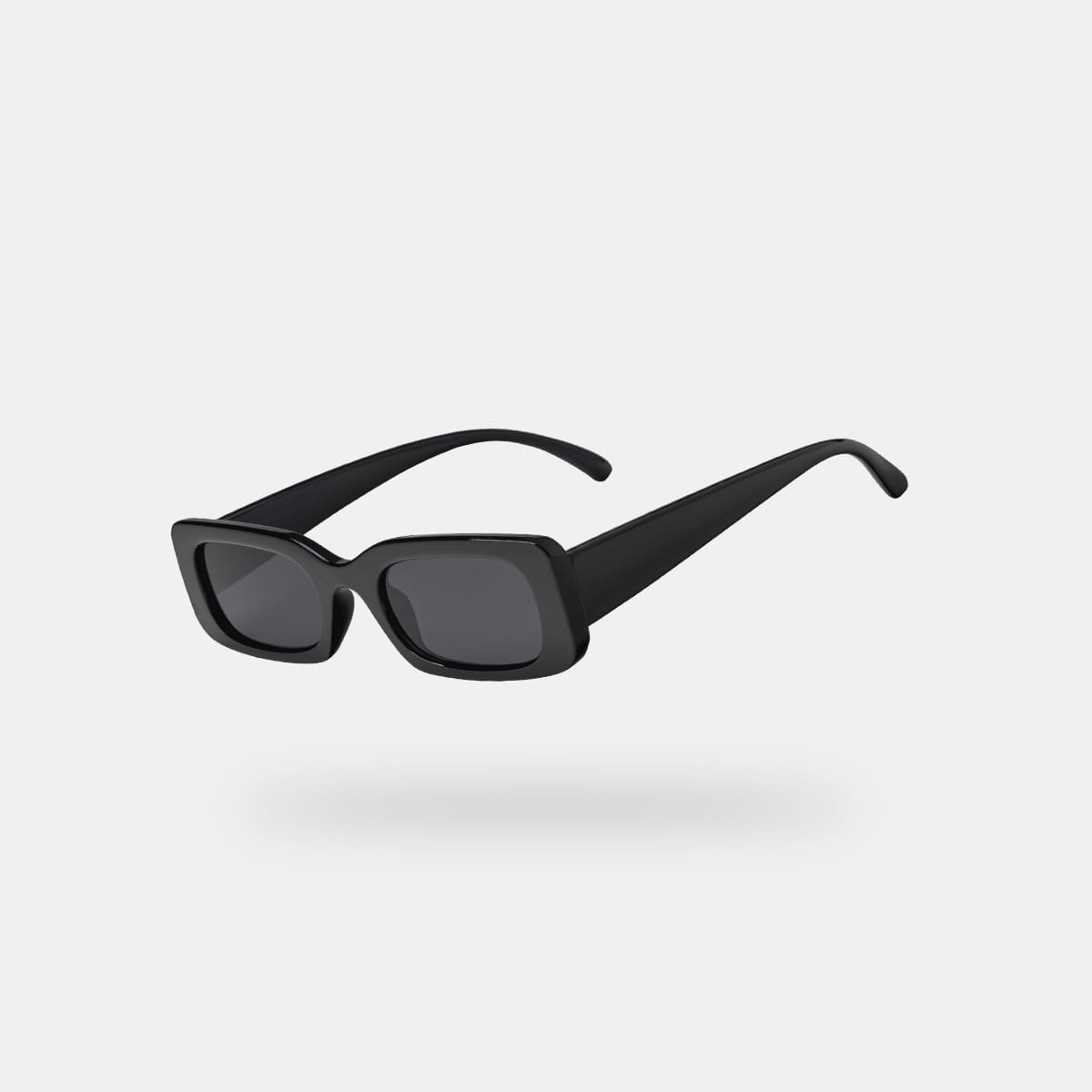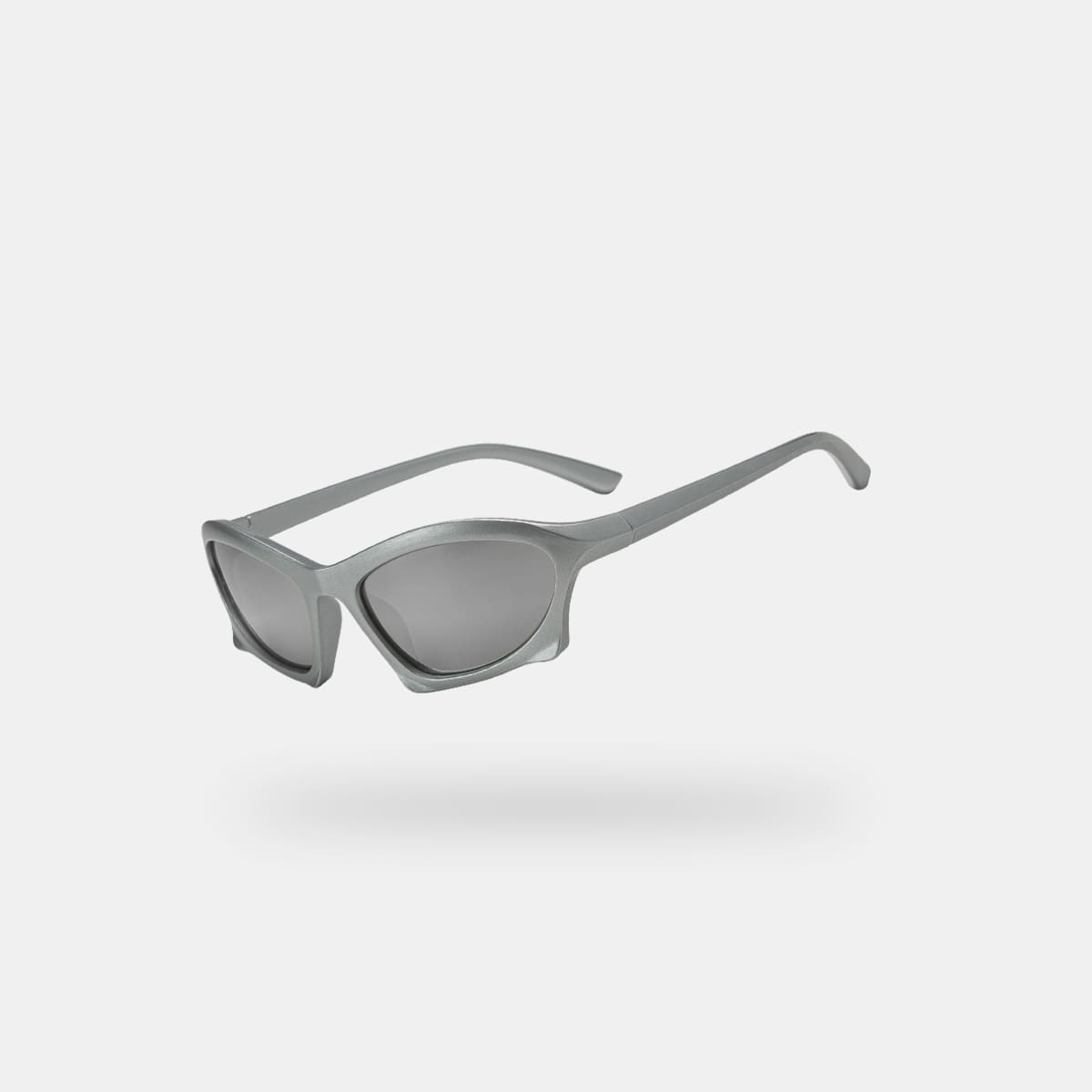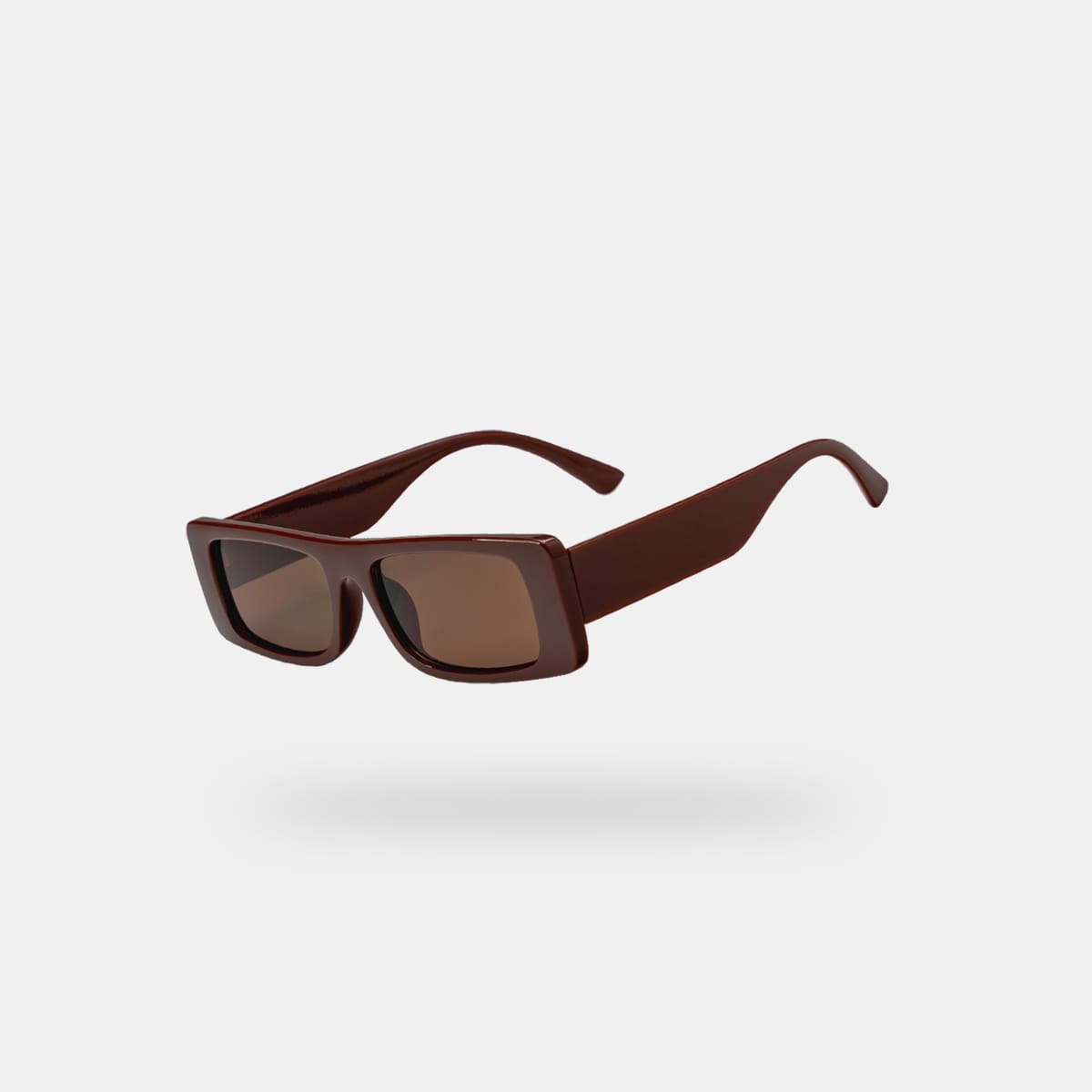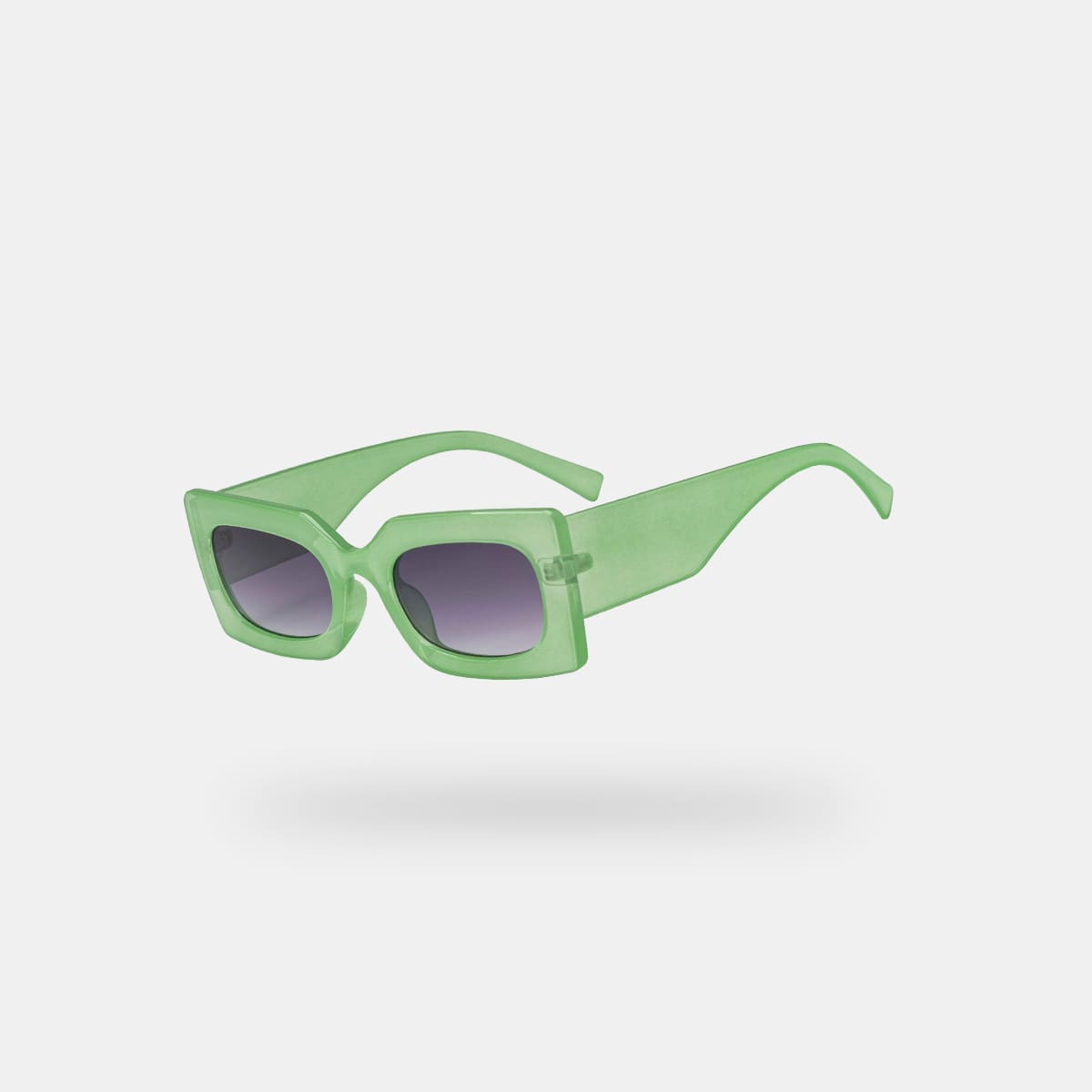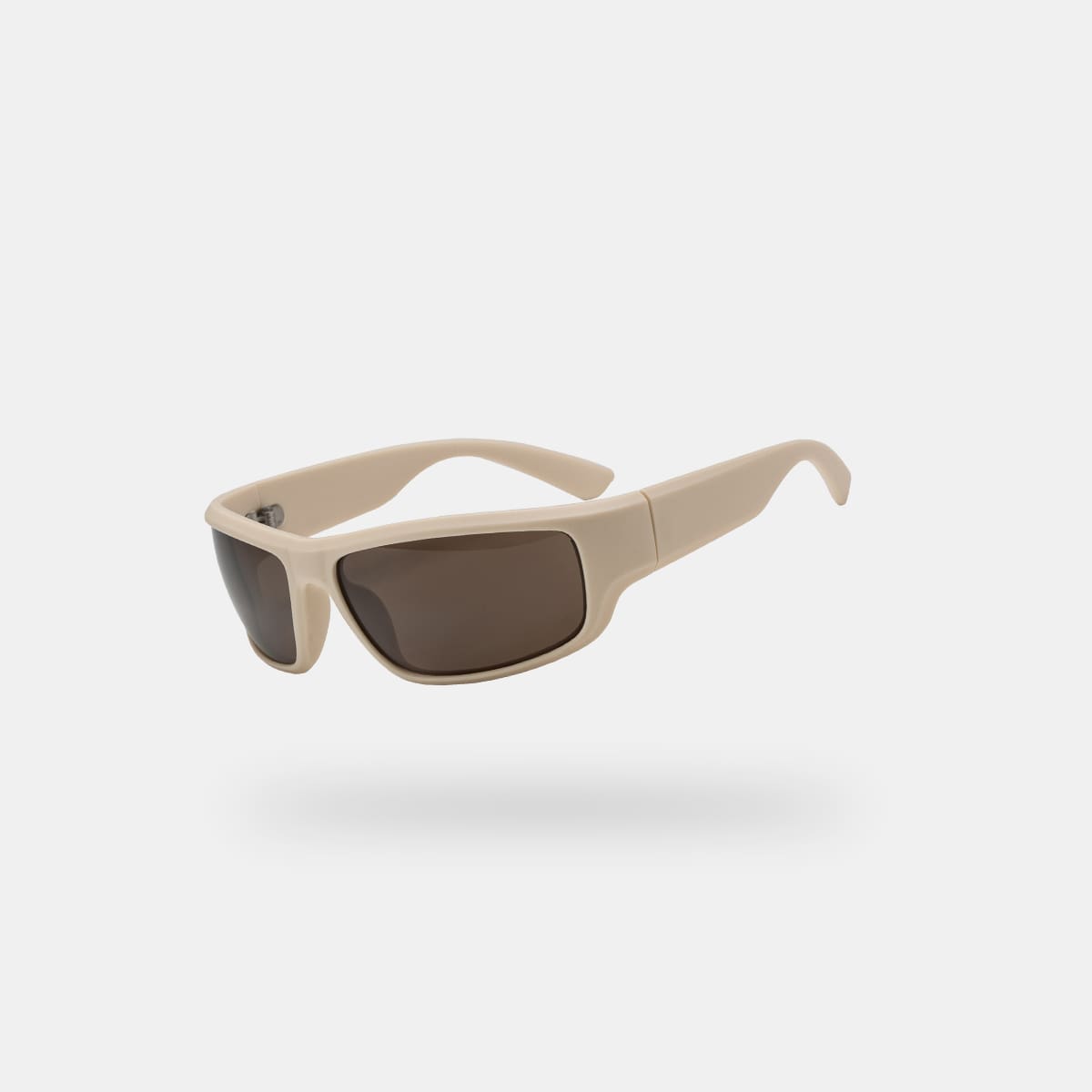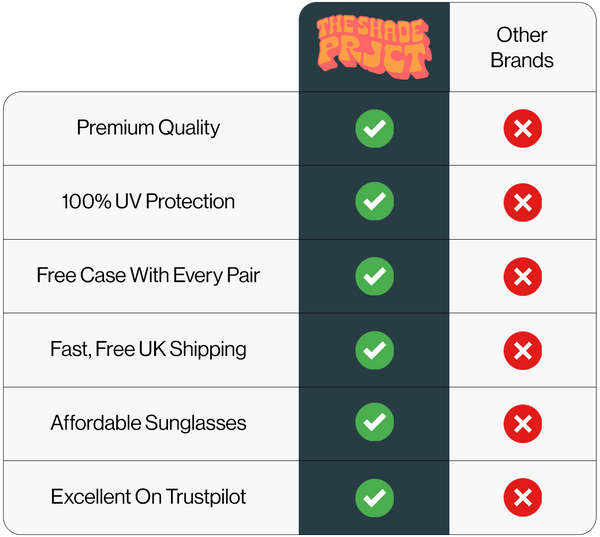Introduction
Experiencing a solar eclipse is a fascinating and awe-inspiring event. However, it’s crucial to protect your eyes when viewing such a spectacle. A common question arises: Can you use sunglasses for a solar eclipse? In this post, we’ll address this question and provide essential information on how to safely enjoy a solar eclipse!
Why Regular Sunglasses Aren’t Enough
Regular sunglasses, no matter how dark, are not suitable for viewing a solar eclipse. They simply don’t offer adequate protection against the intense solar rays that can damage your eyes. Solar eclipses emit harmful ultraviolet (UV) and infrared (IR) rays, which can cause serious eye injuries if proper precautions are not taken.
What Are Solar Eclipse Sunglasses?
Solar eclipse sunglasses, also known as solar eclipse shades, are specially designed to protect your eyes during an eclipse. These glasses use a unique material that blocks out harmful UV and IR rays, allowing you to safely watch the eclipse without risking damage to your vision. Unlike regular sunglasses, solar eclipse glasses reduce sunlight to a safe level for direct viewing.
Key Features of Solar Eclipse Sunglasses
Certified Protection: Ensure the glasses meet the ISO 12312-2 international safety standard for direct solar viewing. This certification guarantees that the glasses provide adequate protection against harmful UV and IR rays.
Proper Fit: The glasses should fit snugly and cover your eyes completely to prevent any light from leaking in around the edges. Proper fit is essential for ensuring complete protection during the eclipse.
Durability: Opt for glasses made from durable materials that can withstand the duration of the eclipse without compromising safety. High-quality materials ensure that the lenses remain intact and effective throughout your viewing experience.
Can You Use Sunglasses For A Solar Eclipse?
The short answer is no. Regular sunglasses do not offer the necessary protection required to safely view a solar eclipse. While they may reduce the brightness of the sun, they do not filter out the harmful rays that can cause permanent eye damage. Always opt for certified solar eclipse sunglasses to ensure your safety.
How To Use Solar Eclipse Glasses Correctly
Inspect Before Use: Ensure there are no scratches or damages on the lenses.Wear Properly: Put the glasses on before looking at the sun and remove them only after looking away.Continuous Viewing: Do not use solar eclipse glasses for prolonged periods. Take breaks to prevent any discomfort.
Where To Buy Solar Eclipse Glasses
When purchasing solar eclipse glasses, ensure they come from reputable vendors who certify their products. Many online retailers offer certified solar eclipse shades, but it’s important to verify their certifications and authenticity before buying to ensure you are equipping your eyes with the suitable protection before looking at the sun during a solar eclipse.
Conclusion
Viewing a solar eclipse is a thrilling experience, but it’s essential to prioritise your eye safety. Regular sunglasses are not suitable for this purpose. Instead, invest in a pair of certified solar eclipse sunglasses to protect your vision while enjoying the celestial event. By taking the proper precautions, you can safely enjoy the mesmerising sight of a solar eclipse.
Frequently Asked Questions
1. Can You Use Sunglasses For A Solar Eclipse?
No, you cannot use regular sunglasses for a solar eclipse. Regular sunglasses, even polarised ones, do not provide adequate protection against the intense sunlight and UV radiation emitted during a solar eclipse. You need specialised solar eclipse glasses that meet the ISO 12312-2 international safety standard for direct viewing of the sun.
2. What Kind of Glasses Do You Need to Watch a Solar Eclipse?
To safely watch a solar eclipse, you need solar eclipse glasses or solar viewers that meet the ISO 12312-2 international safety standard. These solar eclipse sunglasses are specifically designed to filter out harmful UV and infrared radiation, allowing you to view the eclipse without damaging your eyes.
3. What Can I Use Instead of Solar Eclipse Glasses?
If you don't have solar eclipse glasses, you can use a pinhole projector or a solar viewer. Both of these methods allow you to view the solar eclipse indirectly, which is safe for your eyes. Never look at a solar eclipse directly without proper protection.
4. Do You Really Need Eclipse Glasses?
Yes, you really need eclipse glasses to safely view a solar eclipse. Without proper solar eclipse glasses, the intense sunlight can cause severe and permanent damage to your eyes, including blindness. Always use certified solar eclipse glasses or viewers for direct viewing.
5. Are Polarised Sunglasses Ok For Solar Eclipse?
No, polarised sunglasses are not okay for viewing a solar eclipse. Polarised sunglasses are designed to reduce glare and improve visibility in bright conditions, but they do not block the intense sunlight and UV radiation during a solar eclipse. You need solar eclipse glasses that meet the ISO 12312-2 safety standard.
6. Are Solar Eclipse Glasses Safe?
Yes, solar eclipse glasses are safe if they meet the ISO 12312-2 international safety standard. These glasses are specifically designed to protect your eyes from the harmful rays of the sun during a solar eclipse. Always check for certification before using them.
7. How To Look At Solar Eclipse Without Glasses?
To look at a solar eclipse without glasses, you can use a pinhole projector or a solar viewer to see an indirect image of the eclipse. These methods allow you to safely view the solar eclipse without risking eye damage.
8. What Are Solar Eclipse Sunglasses?
Solar eclipse sunglasses are specialised glasses designed to protect your eyes while viewing a solar eclipse. They meet the ISO 12312-2 international safety standard and filter out harmful UV and infrared radiation, allowing you to safely watch the eclipse.
9. Why Can't Regular Sunglasses Protect Your Eyes During a Solar Eclipse?
Regular sunglasses cannot protect your eyes during a solar eclipse because they do not block enough of the sun's harmful rays. They are not designed to filter out the intense UV and infrared radiation emitted during an eclipse, which can cause serious eye damage.
10. What Are the Dangers of Looking at a Solar Eclipse Without Proper Glasses?
Looking at a solar eclipse without proper glasses can cause serious eye damage, including solar retinopathy, which is permanent damage to the retina. This can result in vision loss or blindness. Always use certified solar eclipse glasses for direct viewing.
11. How Do Solar Eclipse Glasses Work?
Solar eclipse glasses work by using special filters that block out harmful UV and infrared radiation from the sun. These filters allow you to safely view the eclipse without damaging your eyes. They must meet the ISO 12312-2 safety standard to be effective.
12. Where Can I Buy Solar Eclipse Glasses?
You can buy solar eclipse glasses from reputable retailers, online stores, and astronomy shops. Ensure that the glasses are certified and meet the ISO 12312-2 international safety standard for direct solar viewing.
13. Can I Make My Own Solar Eclipse Glasses?
No, it is not recommended to make your own solar eclipse glasses. Homemade glasses may not provide adequate protection and can lead to severe eye damage. Always use certified solar eclipse glasses that meet the ISO 12312-2 safety standard.
14. How to Test Solar Eclipse Glasses for Safety?
To test solar eclipse glasses for safety, ensure they are certified and meet the ISO 12312-2 standard. You should not be able to see anything through them except for the sun or a very bright light source. If you can see other objects, they are not safe.
15. Can I Use Welding Glasses to View a Solar Eclipse?
Yes, you can use welding glasses to view a solar eclipse, but they must have a Shade 14 rating or higher. Lower-rated welding glasses do not provide adequate protection against the sun's harmful rays.
16. How Long Can You Look at a Solar Eclipse With Solar Eclipse Glasses?
You can look at a solar eclipse with solar eclipse glasses for as long as you want, as long as the glasses are not damaged and meet the ISO 12312-2 safety standard. Always inspect the glasses for any scratches or damage before use.
17. Do Solar Eclipse Glasses Expire?
Solar eclipse glasses can expire or become damaged over time. Always check for scratches, tears, or any damage before using them. If they are more than three years old or show signs of wear, replace them with new, certified glasses.
18. What Should I Do If I Accidentally Look at the Solar Eclipse Without Proper Glasses?
If you accidentally look at a solar eclipse without proper glasses, immediately look away and avoid further exposure. If you experience any vision changes or discomfort, seek medical attention from an eye care professional.
19. How Often Do Solar Eclipses Occur?
Solar eclipses occur approximately 2 to 5 times a year, but total solar eclipses, where the sun is completely covered by the moon, are less common and occur roughly every 18 months.
